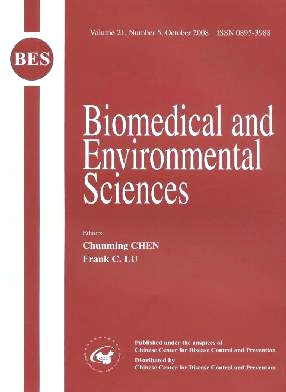Vulnerability to HIV Infection and Related Health Risk Behaviors of the Out of School Adolescents Migrated with Their Parents to Beijing
-
Key words:
- Migrant people /
- Out-of-school adolescent /
- Vulnerability /
- Life skill /
- Psychosocial competency /
- HIV/AIDS
Abstract: Objective To explore the vulnerability to HIV infection and related risk behaviors of the out-of-school adolescents who migrated with their parents from rural areas to cities. Methods From September to October 2005, 260 out-of-school adolescents aged 14-20 years were interviewed through a questionnaire. Results Out-of-school adolescents lacked HIV/AIDS knowledge and related life skills, and their psychosocial competency was relatively low. The interviewed adolescents were open in their sexuality, showing a low rate of condom use. Their attitudes towards people living with HIV/AIDS and HIV/AIDS prevention competency were positively correlated with family well-being, harmonious relations between their parents, a stable job, knowledge, life skill, and psychosocial competency for emotion control and empathy. Conclusion Out-of-school adolescents are highly vulnerable to HIV/AIDS infection and transmission. Practical and feasible health and life skill education and psychosocial competency are the keys to effective HIV/AIDS prevention among out-of-school adolescent migrants.
| Citation: | YING-HUA MA, Su-QIN DING, CHAO WANG. Vulnerability to HIV Infection and Related Health Risk Behaviors of the Out of School Adolescents Migrated with Their Parents to Beijing[J]. Biomedical and Environmental Sciences, 2008, 21(5): 404-410. |







 Quick Links
Quick Links
 DownLoad:
DownLoad: